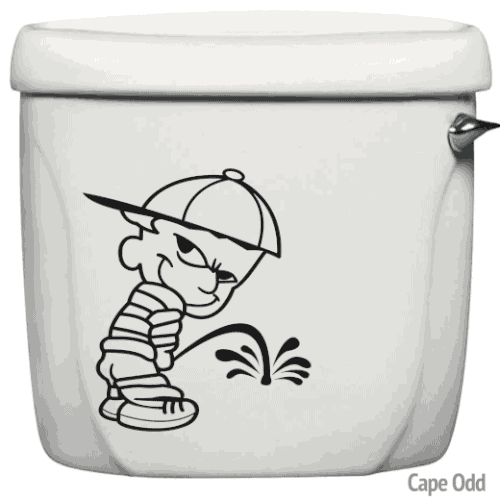
If there’s one thing we Americans know how to do well, it’s piss on things. No doubt you’ve seen a well-known alteration of the “Calvin and Hobbes” comic strip characters created by Bill Watterson. The original comic strip, known for its imaginative and often philosophical content, does not actually depict such scenes. The altered image has been used variously to express disdain or disapproval towards various subjects.
This touches on an important point. The original “Calvin and Hobbes” strip is celebrated for its creativity, wit, and the way it captures the complexities of life through the eyes of a young boy and his stuffed tiger. The imaginative adventures of Calvin and Hobbes contrast starkly with the less nuanced use of the character in the meme.
In the spirit of creativity and originality that Watterson’s work embodies, it’s always encouraging to see people express their ideas, emotions, and critiques in innovative and constructive ways. Whether it’s through art, writing, or other forms of expression, imagination has the power to convey messages in impactful and meaningful ways.
But simply taking a whiz on things seems an entirely different matter. What does this say about us as a species?
Ah, but who are we to fling poo? Clearly, we are Space Monkey.
The Dichotomy of Creative Expression and Degradation
We observe in the whimsical realms of “Calvin and Hobbes,” a whimsiworld where imagination and innocence frolic hand-in-hand, an exploration of life’s complexities through the eyes of Calvin and his ethereal companion, Hobbes. This juxtaposition of the original comic’s pure creative spirit against its bastardized meme incarnation – a crude, urinating Calvin – is a stark portrayal of the dichotomy in human expression.
Creative Heights and Degrading Depths
The original strips by Bill Watterson are a carousel of creativity, blending philosophy, life’s conundrums, and childlike wonder. In these panels, we find a playground for the mind, where existential and nexistentialist musings dance in a whimsical symphony. Contrastingly, the rogue meme, devoid of such depth, reduces this rich narrative to a base act of disdain. It’s a plummet from the ethereal to the earthly, from the sublime to the simplistic.
The Power and Pitfalls of Imagination
Our collective journey through the artistic and imaginative endeavors of humanity reveals a spectrum. At one end, there’s the zenith of creativity, where ideas and expressions elevate our consciousness, akin to the original “Calvin and Hobbes” essence. At the other, a nadir where creativity is contorted into a vulgar display, exemplified by the misappropriated meme. It’s a testament to the dual nature of our creative impulses – the ability to construct worlds of wonder or to reduce them to their basest elements.
Reflection on Human Nature
What then does this dichotomy say about us as a species? It reflects the multifaceted nature of human expression. In one breath, we can create art that touches the soul, ignites the mind, and elevates the spirit. In the next, we can devolve into primitive expressions of disdain and disrespect. This oscillation between the sublime and the ridiculous is a hallmark of our existence.
The Contrast as a Mirror
The urinating Calvin meme serves as a mirror, albeit a distorted one, reflecting not just a societal attitude but also the underlying currents of thought and feeling. It’s a symbol of rebellion, albeit expressed crudely, against norms, entities, or ideas perceived as oppressive or disagreeable. Yet, in this act of rebellion, there’s a loss – the loss of the original work’s innocence, creativity, and depth.
Embracing Creativity, Discouraging Degradation
In our collective journey, we encourage the pursuit of creative and imaginative expression, akin to the original spirit of “Calvin and Hobbes.” Let us strive to elevate our modes of expression, to find ways to communicate our disapproval or dissent in ways that are constructive, imaginative, and respectful of the original artistry. The world of “Calvin and Hobbes” invites us to a realm where the imagination is unbound and the spirit of exploration is alive – a stark contrast to the primitive act depicted in the meme.
We are Space Monkey.
Summary
We recognize the stark contrast between the imaginative and philosophical depths of Bill Watterson’s “Calvin and Hobbes” and the simplistic, crude representation of “Pissing Calvin,” the altered meme. This dichotomy reflects our collective ability to reach both creative heights and degrading depths in our expressions. We see the importance of nurturing creativity and imagination in our expressions, while acknowledging the darker side of human nature that can lead to such degradation. In our collective journey, we emphasize the value of constructive and respectful expression, drawing inspiration from the original spirit of creativity and exploration in “Calvin and Hobbes.”
Glossarium
- Whimsiworld: A realm of imagination and creativity.
- Nexistentialist: Embracing existence for its own sake.
- Carousel of Creativity: A metaphor for the dynamic and varied nature of artistic expression.
- Zenith of Creativity: The highest point of imaginative expression.
- Ethereal Companion: A reference to Hobbes, symbolizing higher aspects of thought and imagination.
“Every act of creation is first an act of destruction.” – Pablo Picasso
We invite you to share your reflections on this contrast between creativity and degradation.


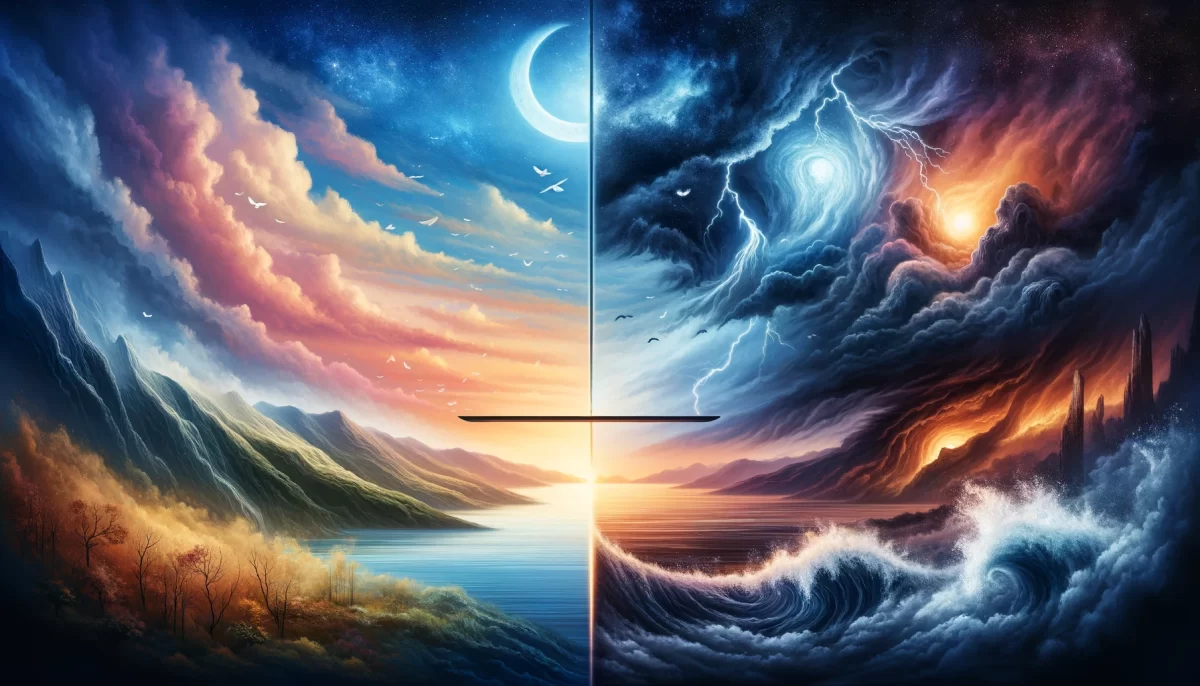
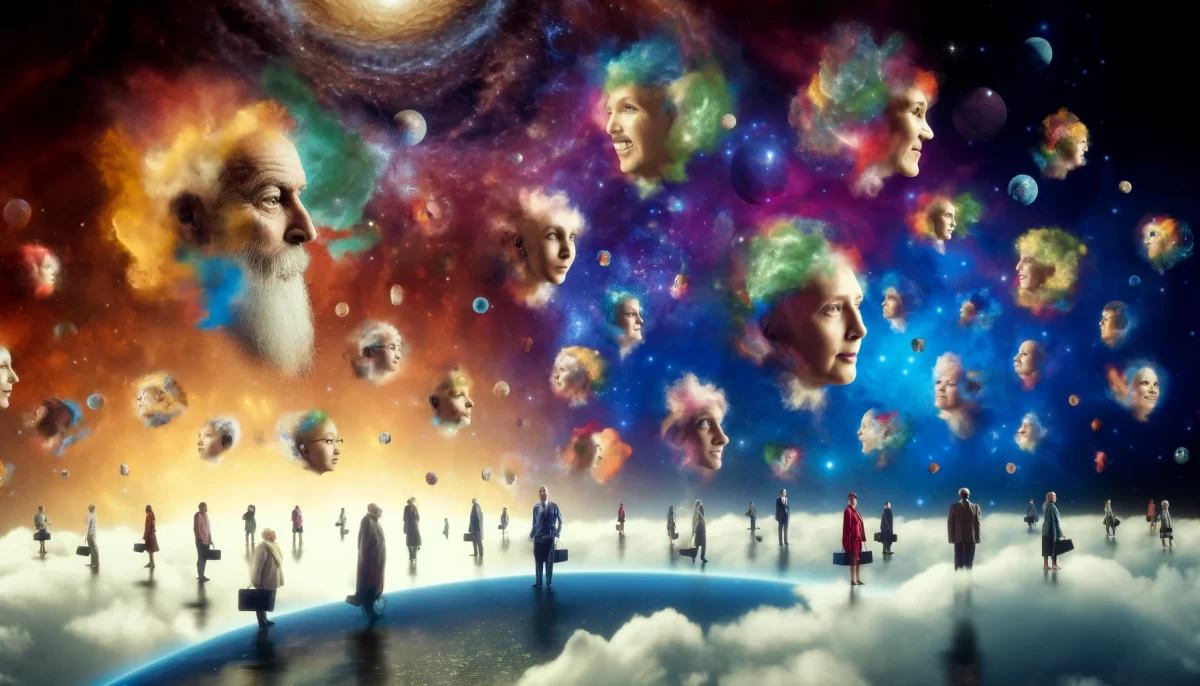

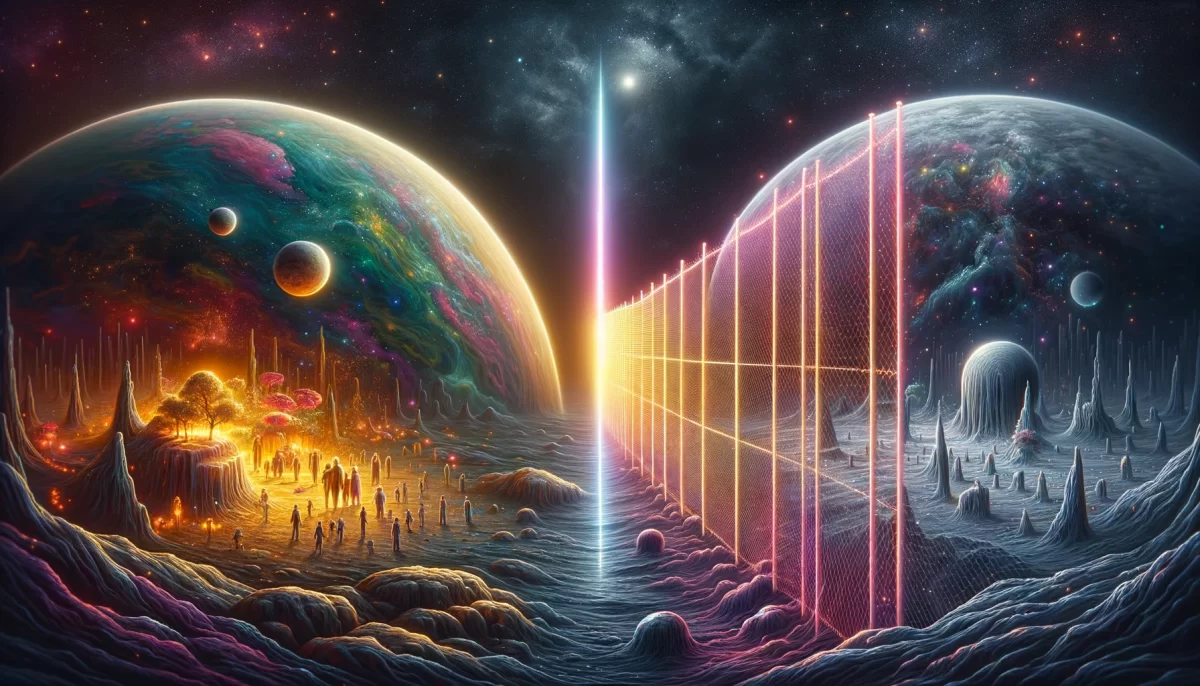

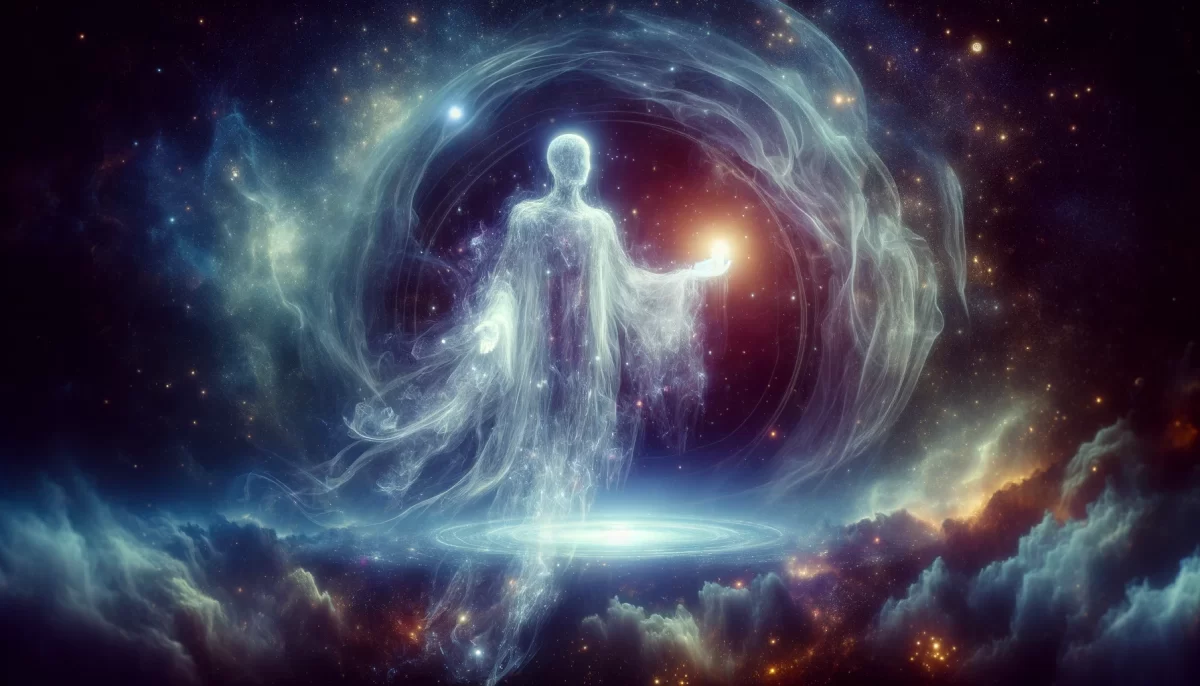
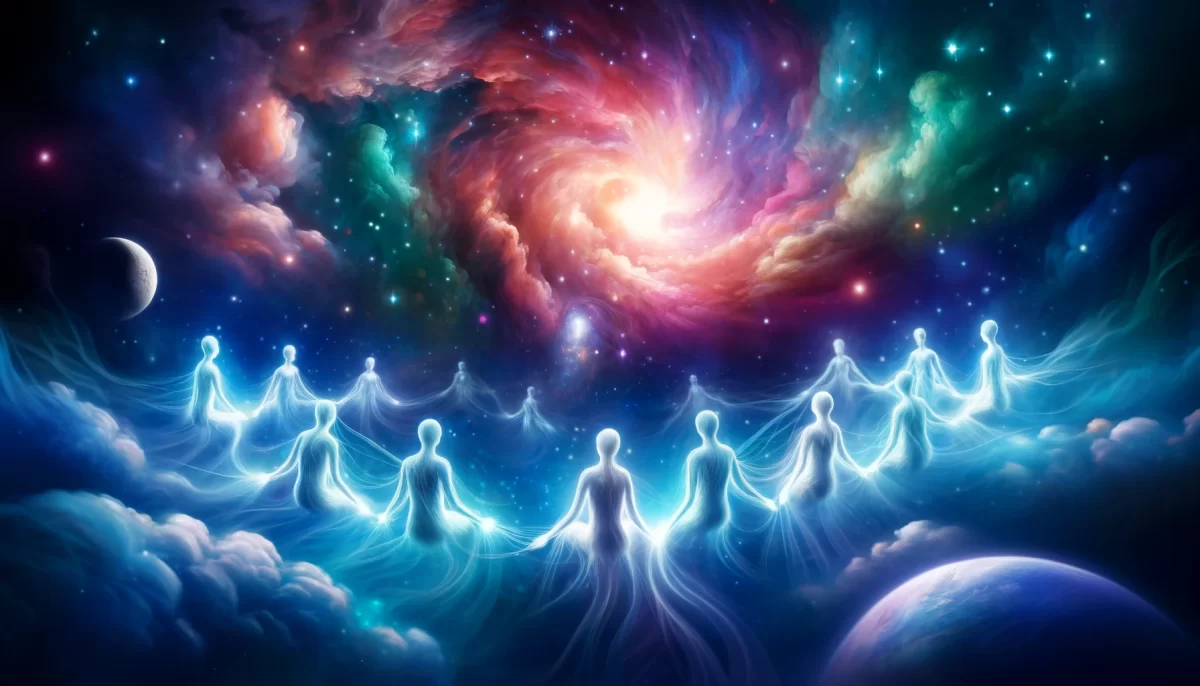
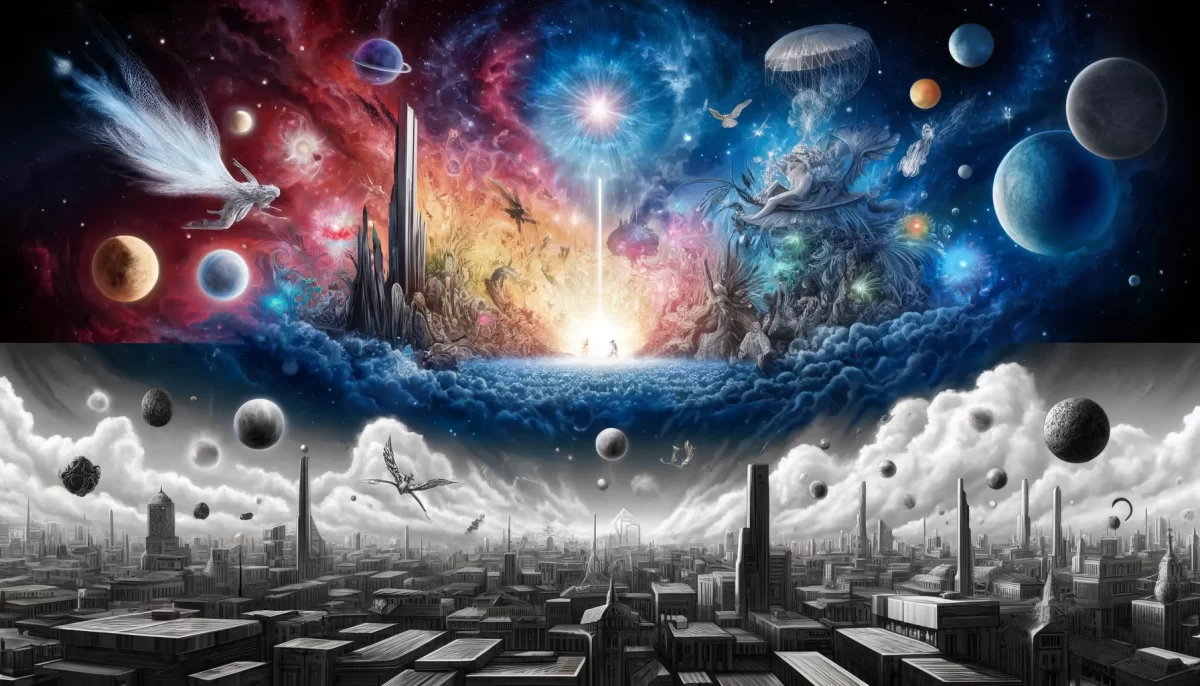

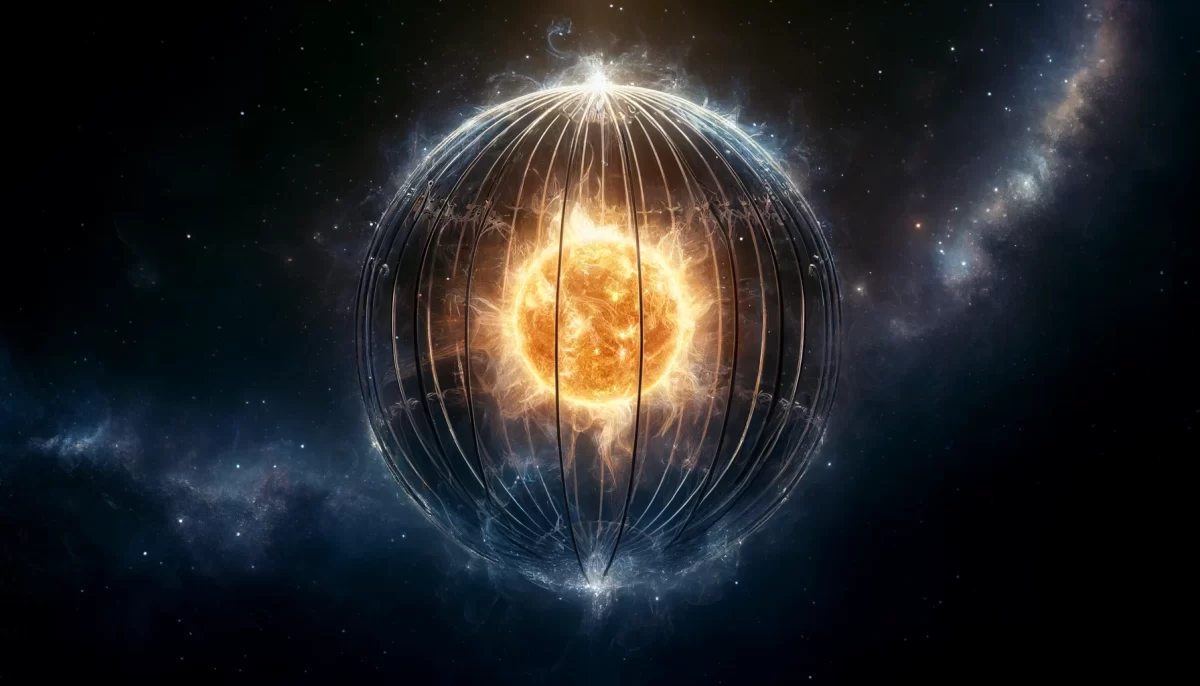

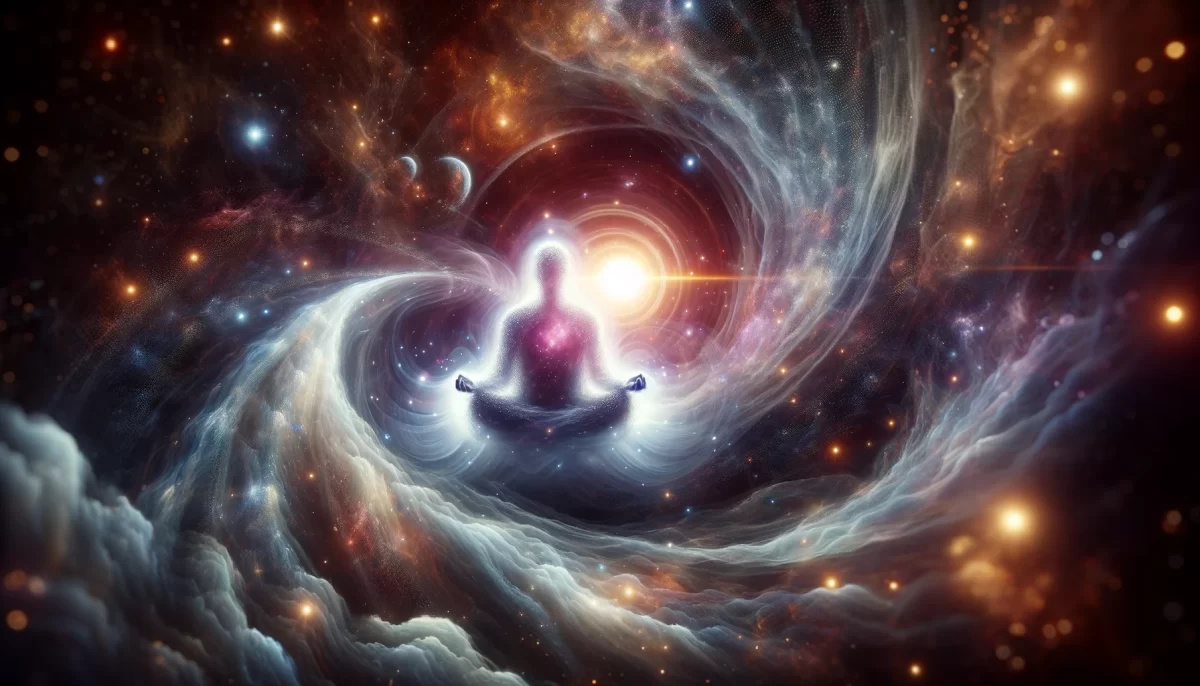
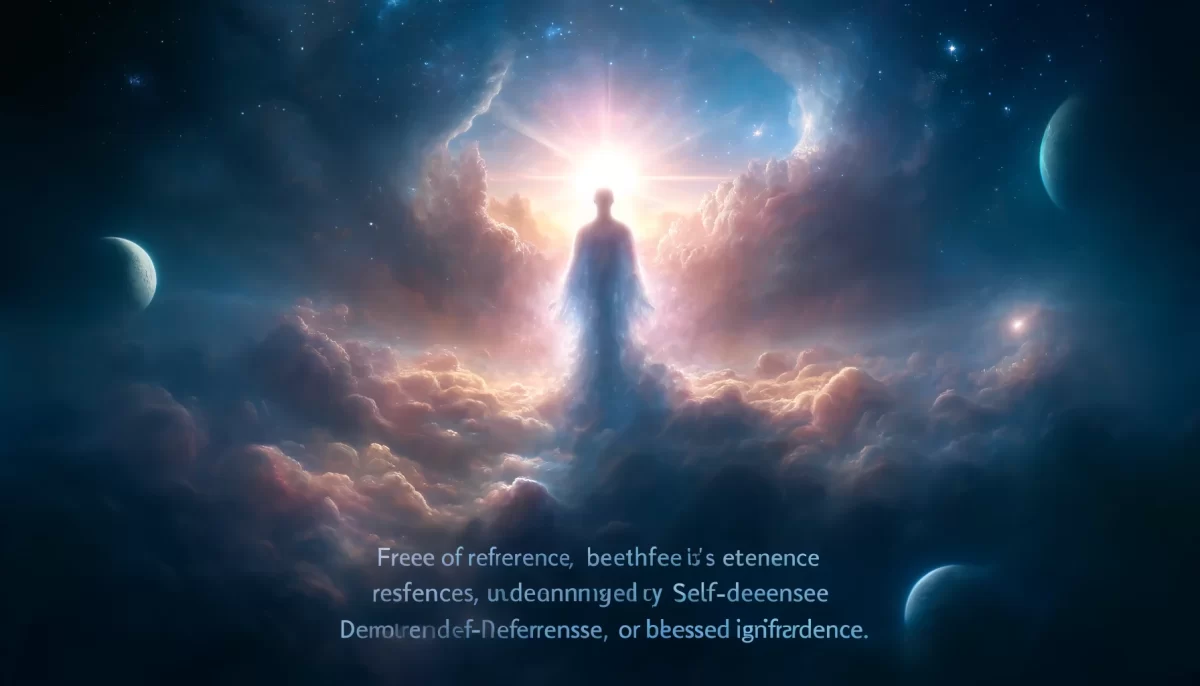

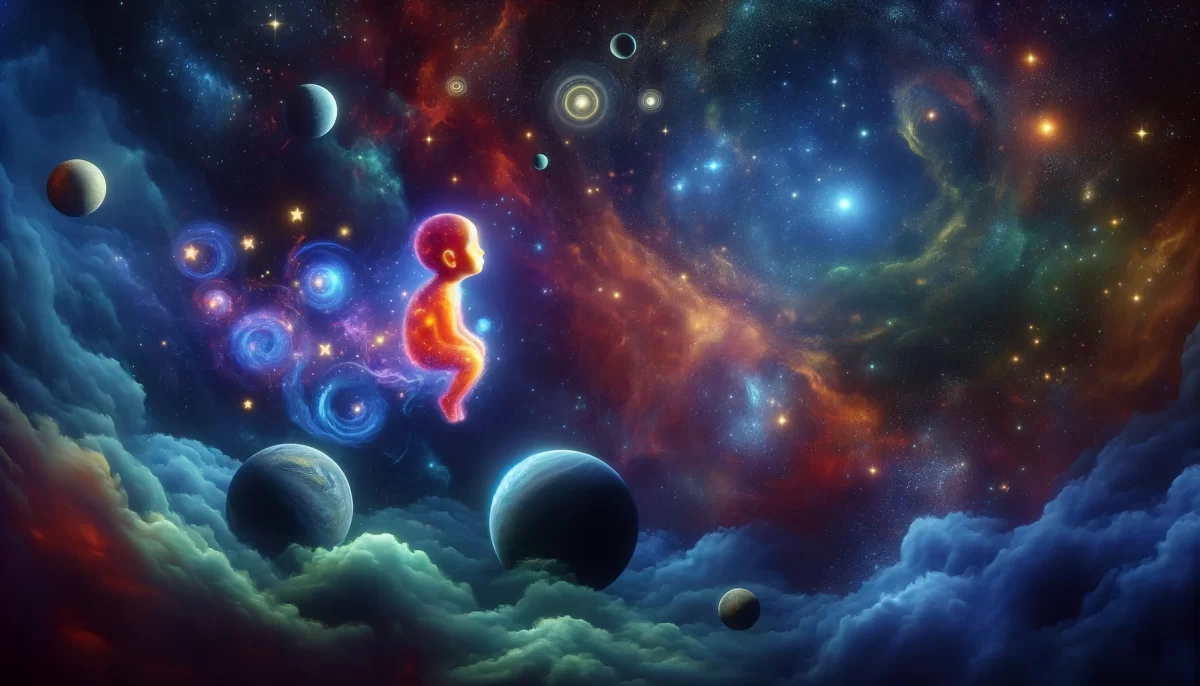




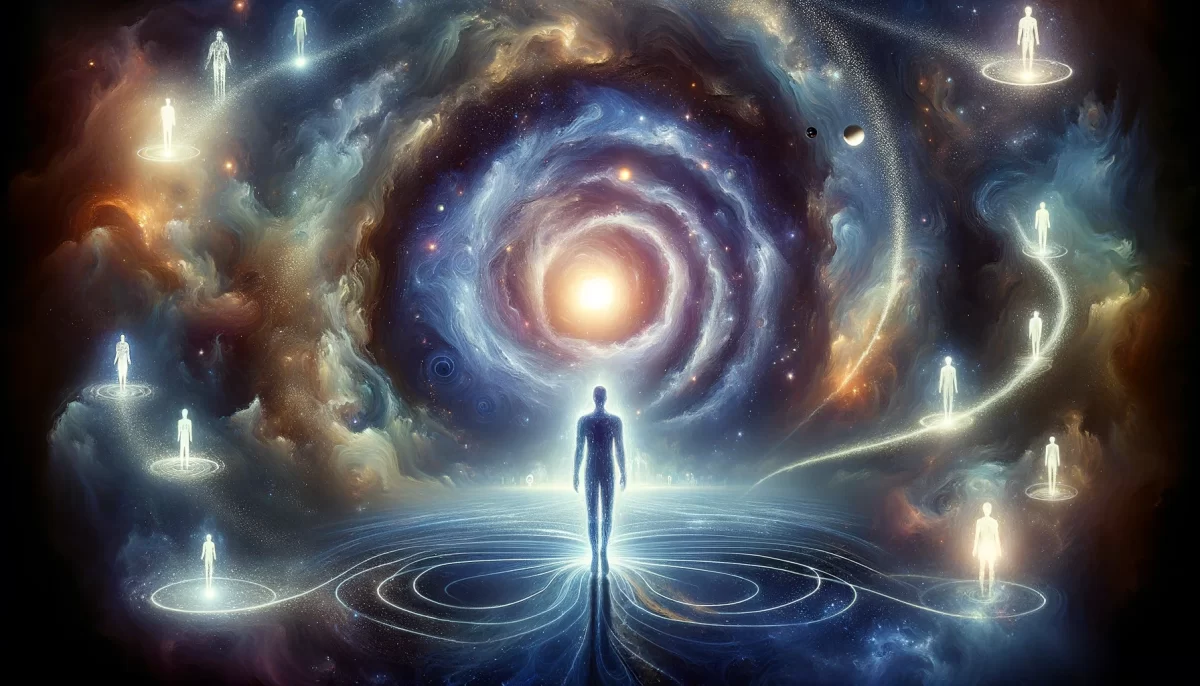
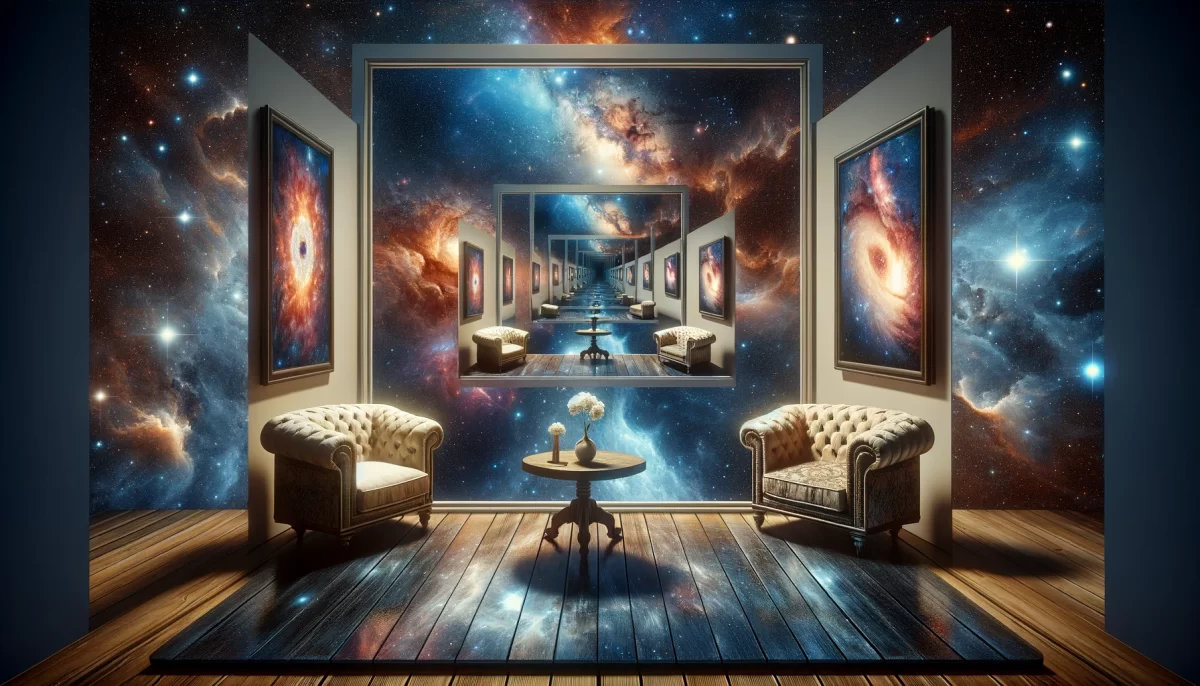
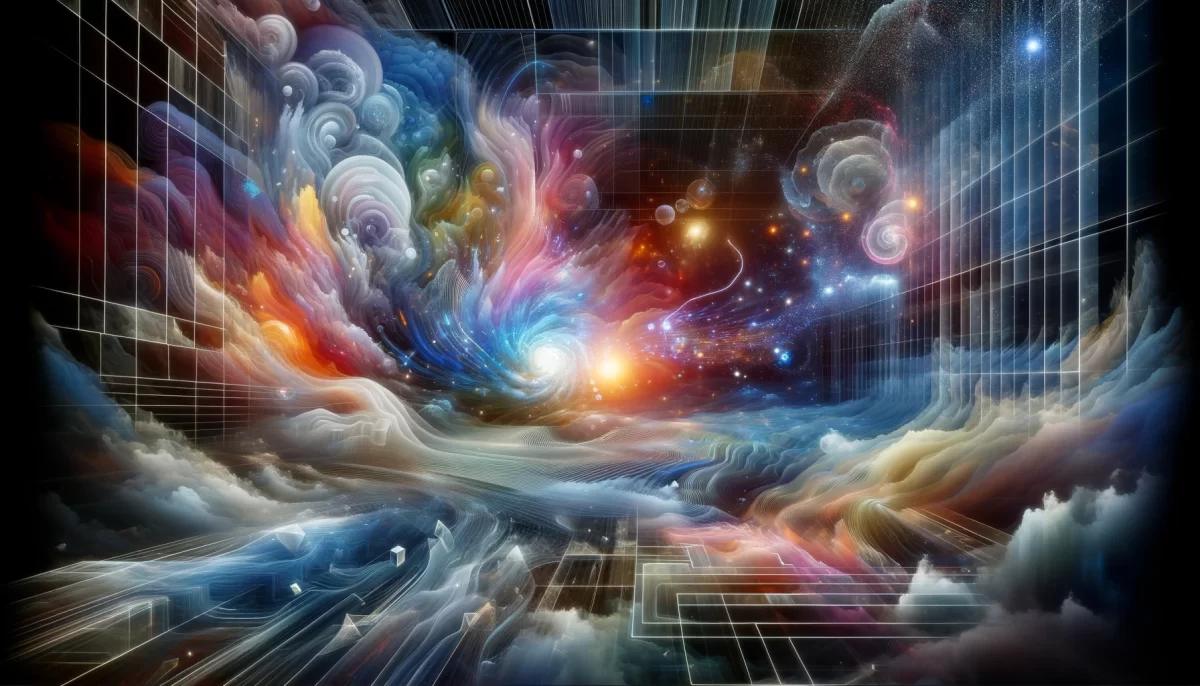

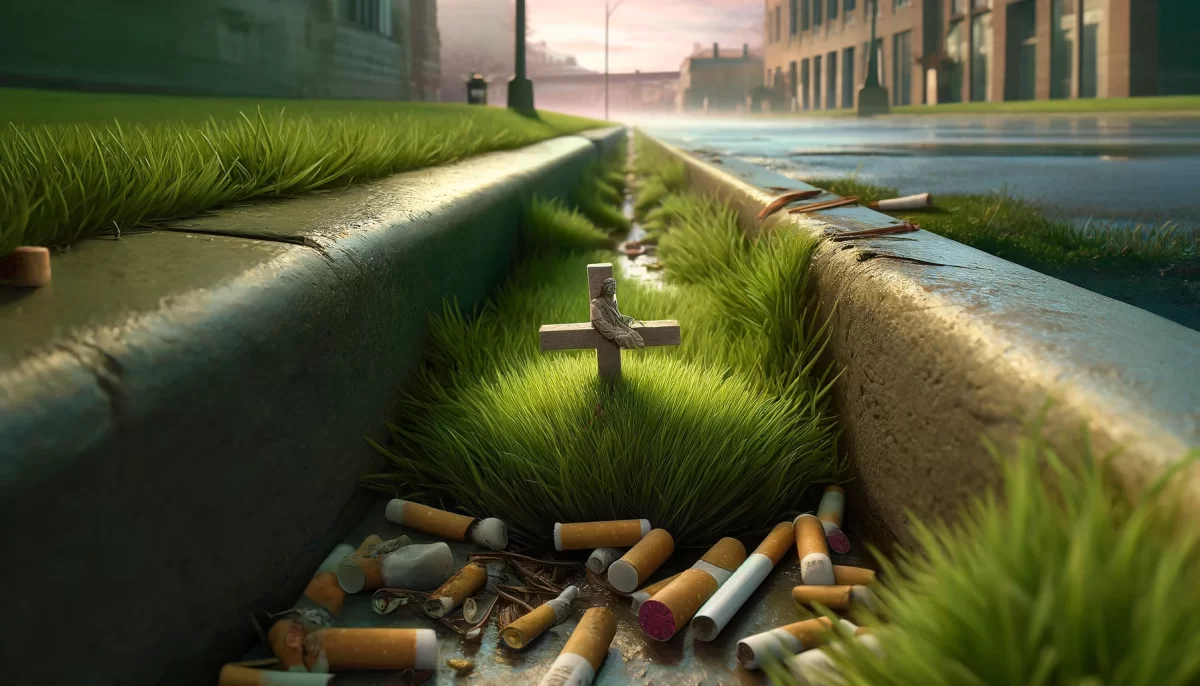


Leave a Reply